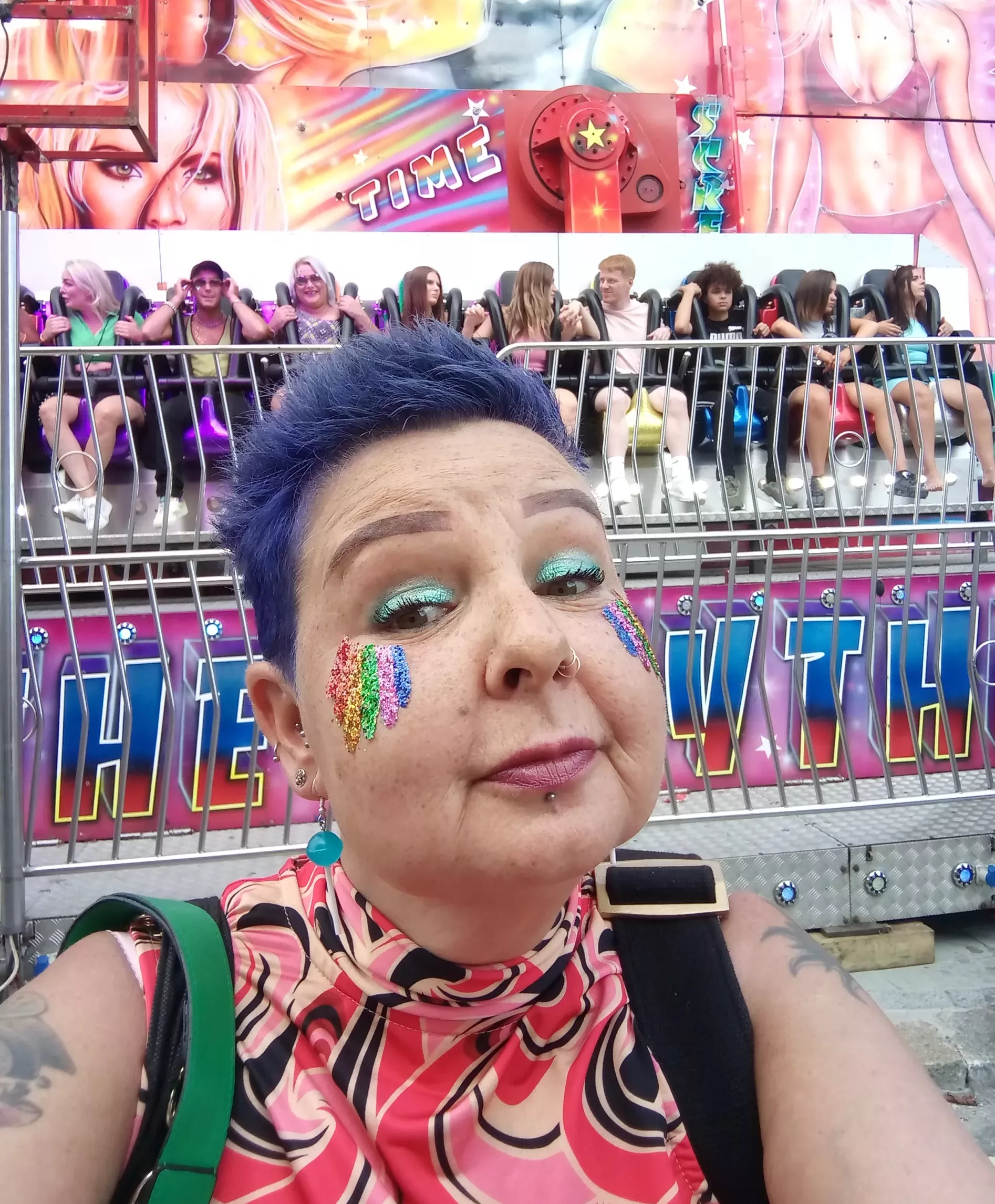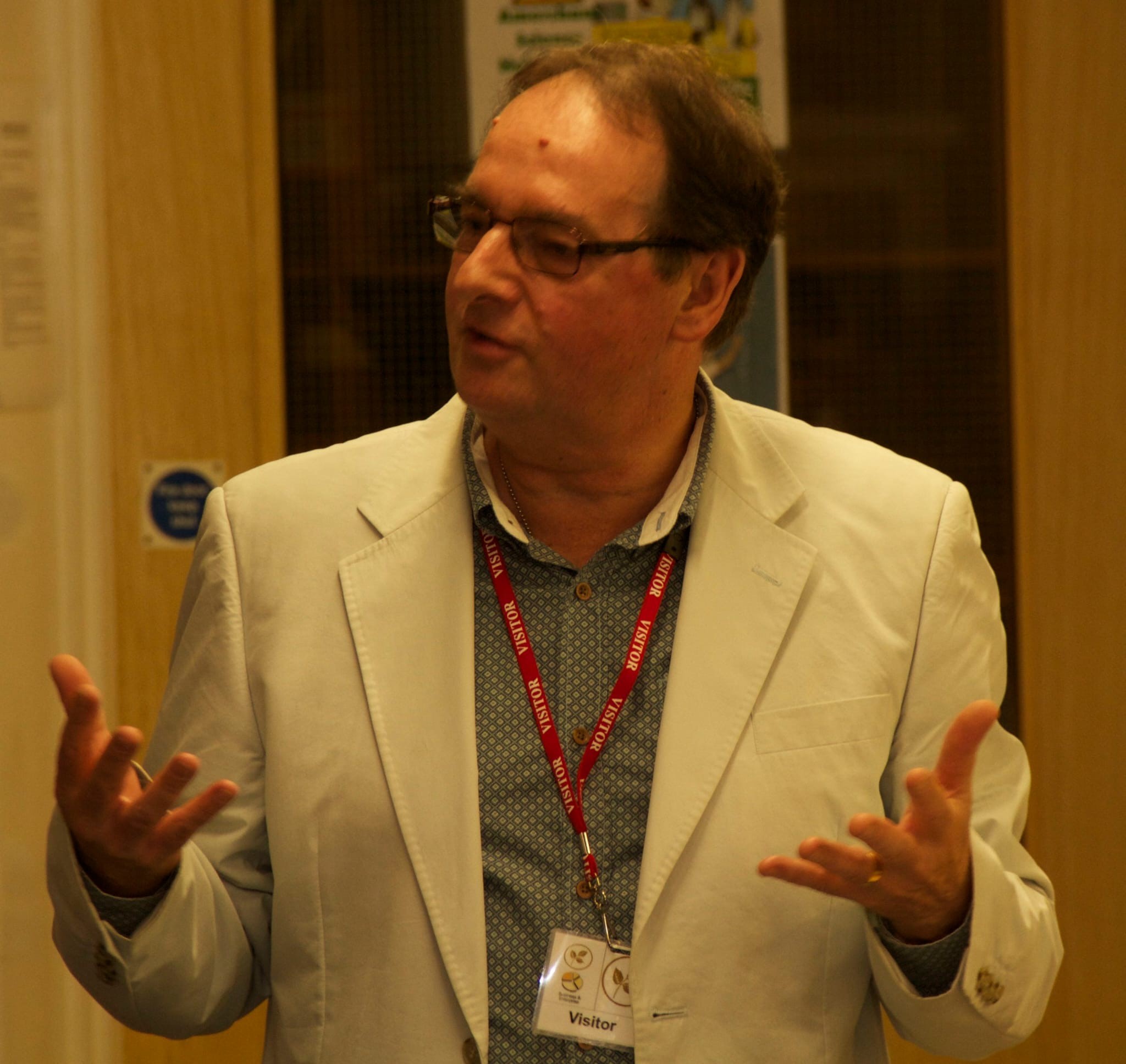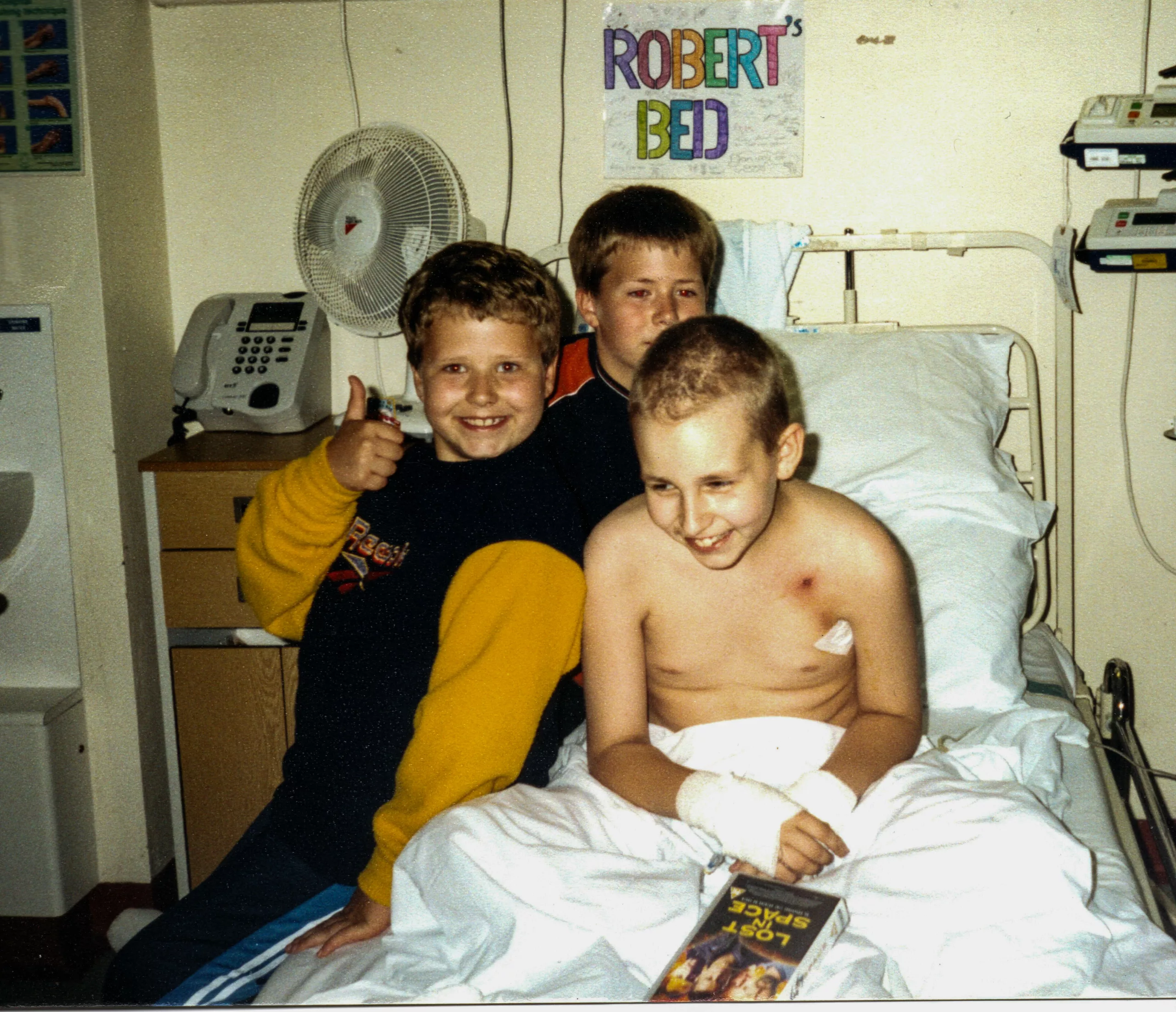AML World Awareness Day
We are raising awareness of the signs and symptoms of acute myeloid leukaemia (AML), a devastating disease that claims nearly 2,700 lives each year in the UK.
Every year we fund new research to ensure discoveries and breakthroughs reach patients sooner. But we can only do this with your help.
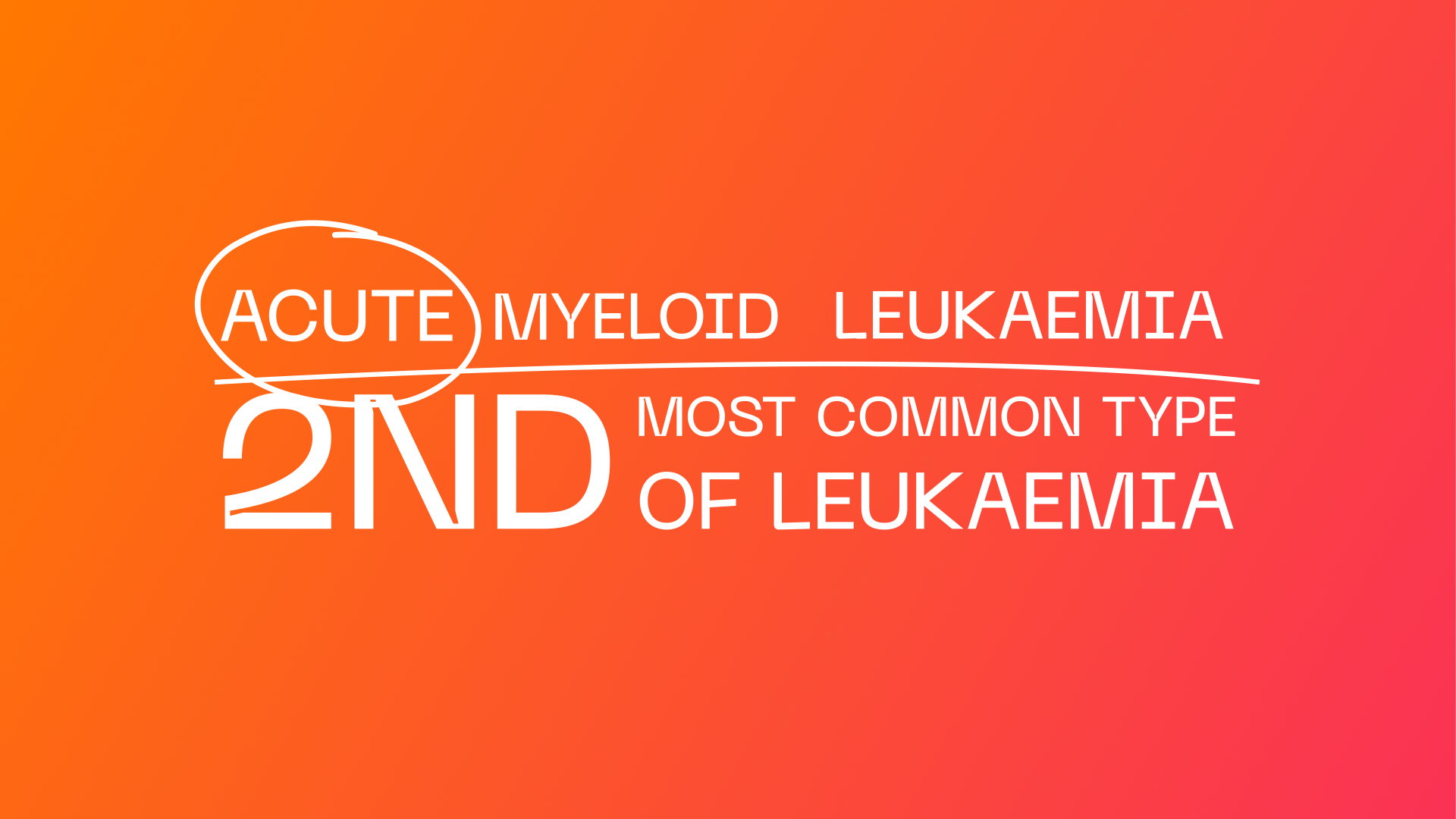
What is AML? Watch our film to find out
Only 22% of people diagnosed with AML survive beyond five years. We are determined to improve outcomes through life-changing research to develop kinder, more effective treatments.
We can only do this with your help to fund incredible research.
0%
0
0
“I’m still here”
Tammy Guide was diagnosed with AML in 2021 after multiple trips to A&E and her doctors. She started on chemotherapy that same evening.
Six months later, Tammy underwent a stem cell transplant – but just a couple of months after that, the leukaemia was back. She was told she had months to live. But the doctors told her that a new tablet was available, although it had only a 30% success rate. Tammy had no choice but to try it.
Three years ago, Tammy received the incredible news that she was in remission. She’s been taking the tablet ever since, although the doctors say one day it will eventually stop working. But Tammy doesn’t dwell on it – her philosophy is that “worrying about tomorrow only takes away today’s peace.”
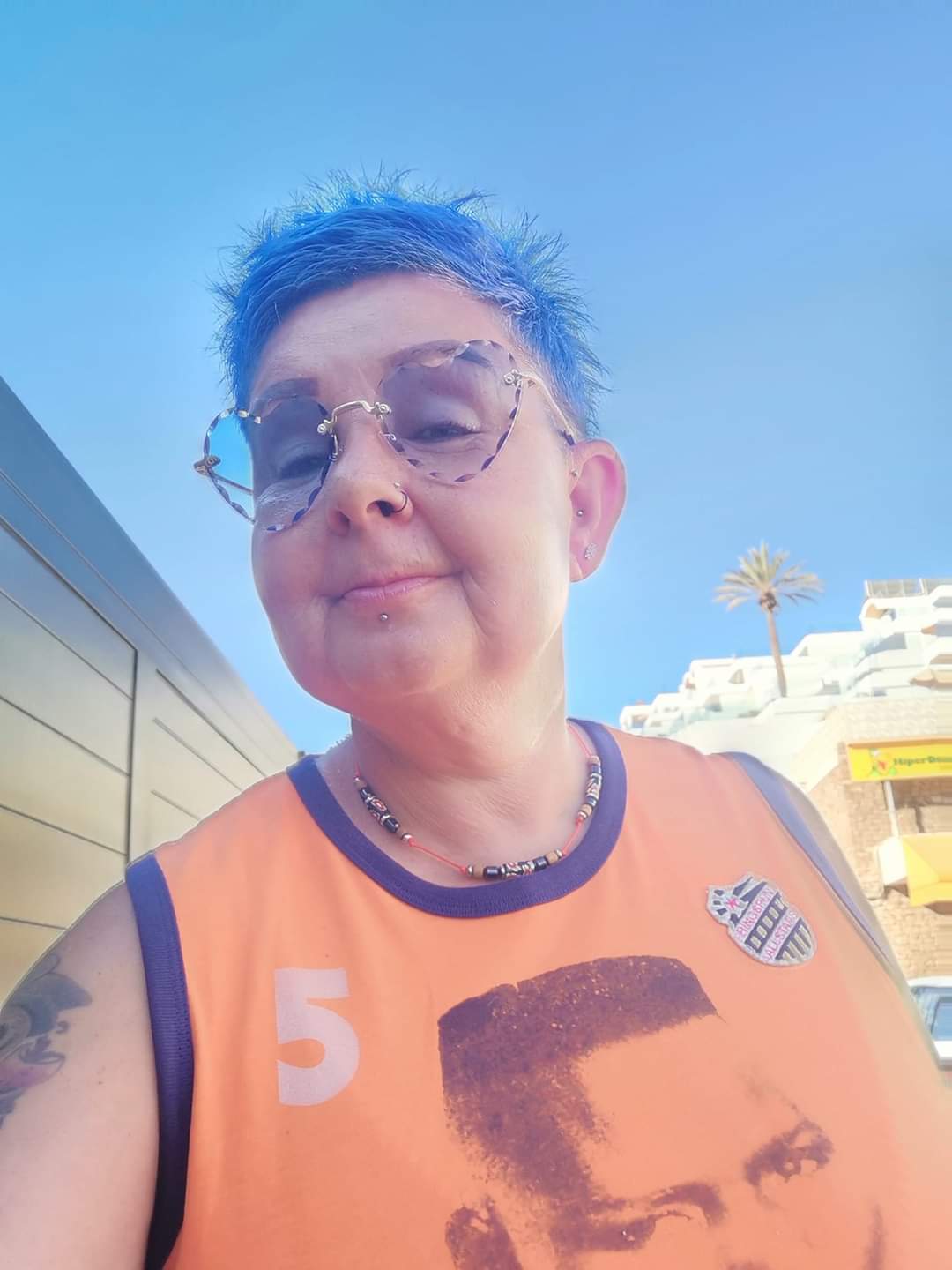
I am so grateful to the researchers who developed the treatment I am on. It’s down to them that I’m still here.
Tammy Guide
AML Patient
Research that’s changing lives
Thanks to your support, here at Leukaemia UK we fund research that offers hope for those with AML.
As part of her Follow-up Fund research project, Dr Samanta Mariani will use advanced gene-editing to study how two proteins (called GPR56 and GPR97) cause leukaemia cells to grow and resist current treatments. Her team have found that GPR56 helps cells survive chemotherapy and radiation which may explain why some AML treatments fail. They are now testing GPR97 to see if it plays a similar role. Understanding these proteins could lead to more effective treatments for AML.
Without donations from people like you, research like this simply would not be possible.
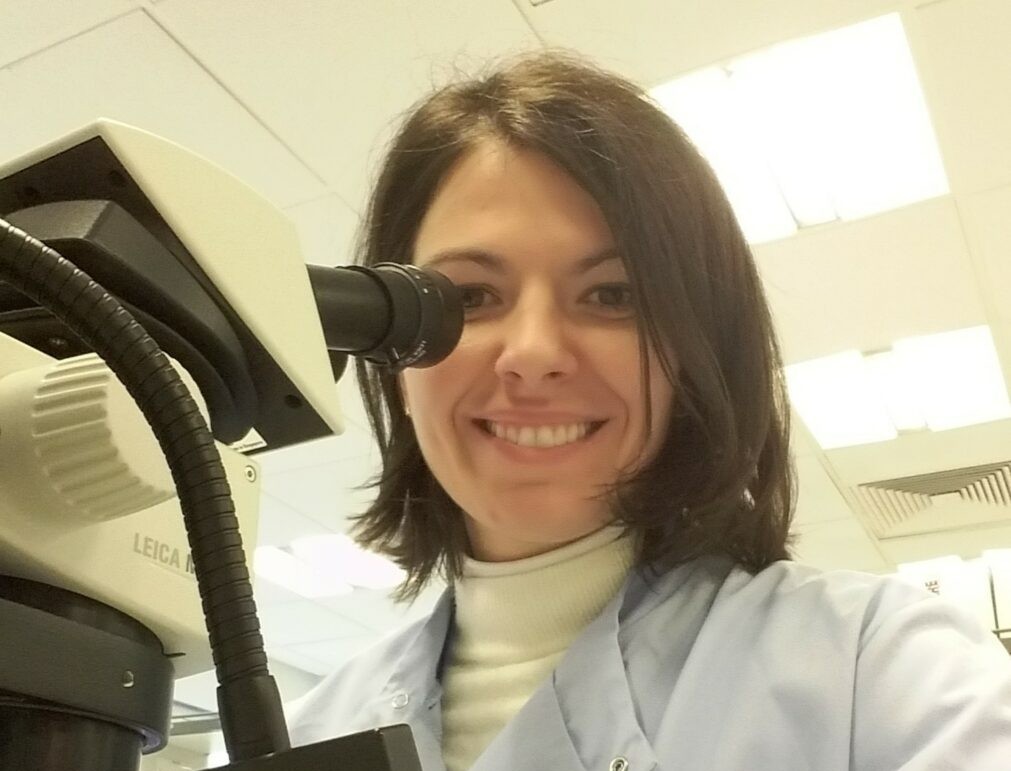
National Cancer Plan: Our chance to save and improve lives
Thanks to our incredible supporters, over 50 MPs attended our event in Parliament for World Cancer Day, advocating for better diagnosis, treatments and research for leukaemia.
On the same day, the Government committed to a National Cancer Plan. It launched a public consultation and assured MPs that the plan would drive improvements for leukaemia – a huge step forward!
Now we need to make sure the Government keeps its promise. If you or someone you know has been affected by leukaemia or would like to advocate for those that do – by sharing your experience you can help us ensure that the National Cancer Plan commits to improving the lives of everyone affected by leukaemia.
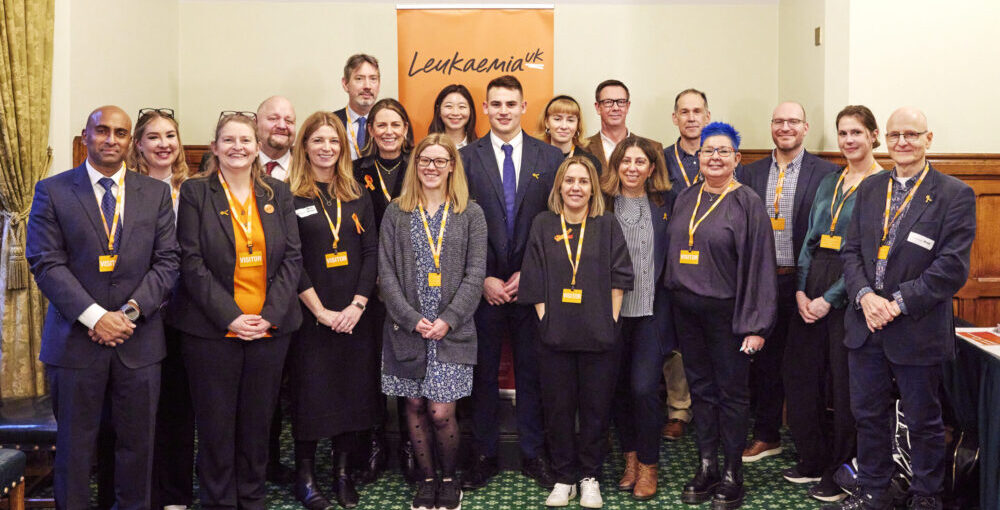
 Play Video
Play Video 